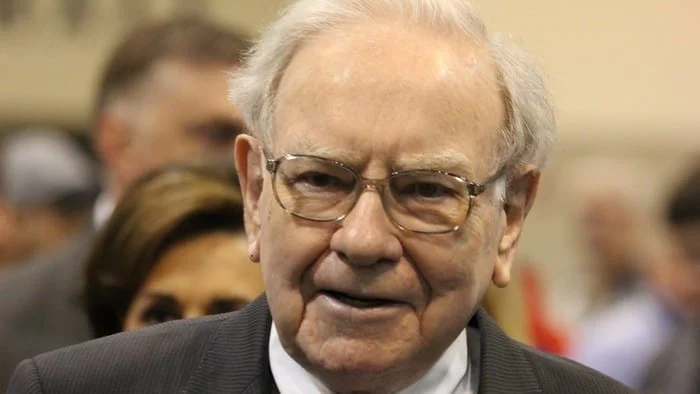What Warren Buffett’s final letter to shareholders really teaches investors in 2025

After six decades of leading Berkshire Hathaway (NYSE: BRK.A) (NYSE: BRK.B), Warren Buffett’s final letter as CEO marks the end of an era — not just for Berkshire, but for a generation of investors who learned what it means to think long term.
At 95, Buffett’s closing paragraphs weren’t grand or a departure from the norm. The letter isn’t a self-congratulatory victory lap either.
True to form, his parting message was practical, optimistic, and grounded. It’s a reflection of the same steady temperament that defined his career. Rather than look back on just his own success, he used his final letter to focus forward on the culture, discipline, and people who will continue Berkshire’s journey.
A record built on simplicity
Since 1965, Berkshire Hathaway’s value has compounded at roughly 19.8% annually — more than double the S&P 500 Index (SP: .INX)’s return over the same period. What makes this achievement remarkable is that Buffett never relied on complexity or speculation to achieve it.
Buffett’s strategy revolved around patient ownership of great businesses, a strong balance sheet (a financial fortress as Buffett once said), and a willingness to let time do the heavy lifting.
As he wrote previously, “Our favourite holding period is forever.“
In an investing world obsessed with the next big trade, Buffett showed that it’s possible to build generational wealth through discipline, common sense, and a lot of time.
The humility behind greatness
Perhaps the most striking element of Buffett’s final message is what it wasn’t — there was no self-congratulation, no victory lap. Instead, Buffett expressed gratitude for the people around him — from long-time partner Charlie Munger, to current vice-chairs Greg Abel and Ajit Jain, and to the thousands of Berkshire employees who built enduring businesses brick by brick.
He also reminded readers that much of his success came down to luck. The fortune of being born in the right place, at the right time, with the right teachers. Buffett has often said that great investing doesn’t require great intelligence. It requires temperament, patience, and an understanding that time, compounding, and a little luck can do extraordinary things if you let them.
That humility — the awareness that outcomes aren’t always the result of brilliance — is one of the greatest lessons investors can learn from him.
“Few Final Thoughts” — a guide for life and investing
In one of the most human moments of his final letter, Buffett wrote:
“Don’t beat yourself up over past mistakes – learn at least a little from them and move on. It is never too late to improve. Get the right heroes and copy them.”
He goes on to recall Alfred Nobel reading his own mistaken obituary — horrified by how he was remembered — and deciding to change his life’s course. Buffett’s advice is simple: decide what you want your obituary to say and live to deserve it.
For investors, that message is just as powerful. Mistakes are inevitable. Every portfolio carries its share of misjudgements. What matters is how we respond: by learning, staying humble, and continuing to invest with discipline.
Perfection isn’t the goal; progress is.
The enduring teacher
Beyond his portfolio returns, Buffett leaves behind one of the greatest educational legacies in business. His annual letters — nearly 60 in total — have become required reading for investors, managers, and students of capitalism worldwide.
Each letter distilled timeless principles: focus on intrinsic value, treat shareholders as partners, avoid excessive leverage, and remember that character compounds faster than capital.
Even as he steps back, Buffett’s influence will endure in every thoughtful investor who chooses patience over prediction and clarity over complexity.
Foolish Takeaway
Buffett’s final sign-off isn’t an ending, it’s a reminder. Markets change, leadership shifts, and headlines fade. However, the simple truths of investing remain: buy wonderful businesses, think long-term, and never let emotion override logic.
And perhaps most importantly, don’t punish yourself for the mistakes along the way.
Learn, adjust, and keep going — that’s the real compounding story.





